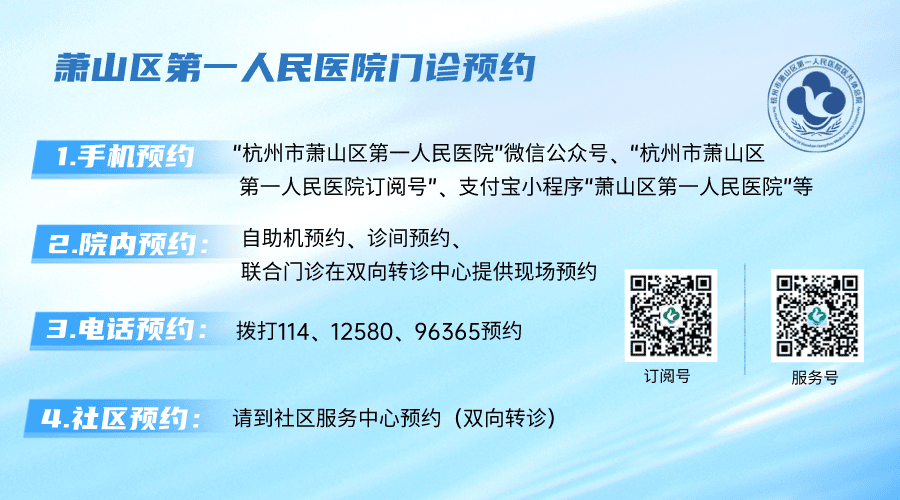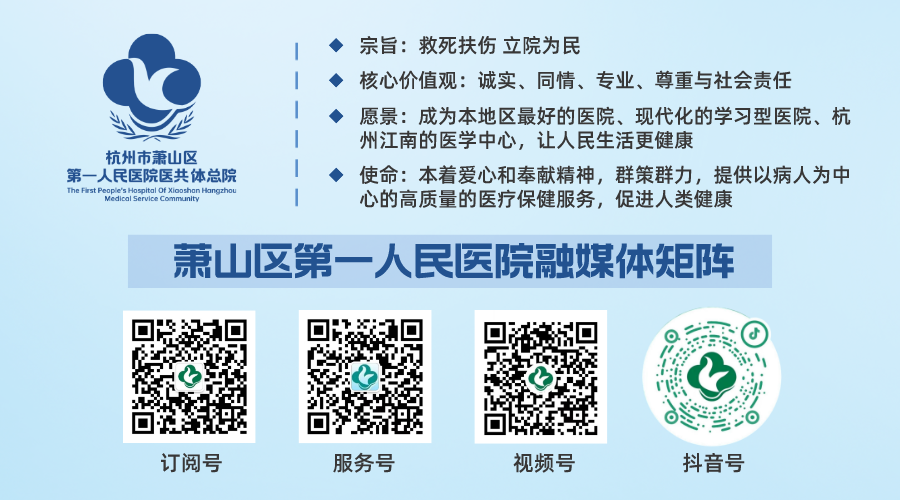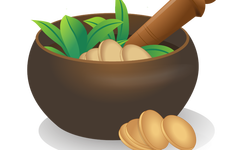
Among the 补气药 (qi-boosting herbs) in Traditional Chinese Medicine (TCM), 人参 (Rénshēn – Ginseng) is well-known for its ability to greatly replenish 元气 (yuánqì – vital energy) and revive the yang, often used in acute conditions. In contrast, 黄芪 (Huángqí – Astragalus) is milder and primarily focuses on replenishing deficiency, making it a commonly used qi-boosting herb. 黄芪 (Huángqí), also known as 黄耆 (Huángqí), is highly regarded by ancient Chinese physicians, earning the title of “the holy product for replenishing qi.” In November 2023, the National Health Commission of China included 黄芪 (Huángqí) in the list of substances recognized as both food and medicinal materials. 黄芪 (Huángqí) can be used for conditions such as 脾气虚证 (píqì xū zhèng – spleen qi deficiency syndrome), 肺气虚症 (fèiqì xū zhèng – lung qi deficiency syndrome), 气虚自汗 (qì xū zì hàn – spontaneous sweating due to qi deficiency), and 血虚证 (xuè xū zhèng – blood deficiency syndrome).

Three Key Characteristics of Quality Astragalus
1.
Thick roots and thin skin. The diameter of 黄芪 (Huángqí) slices ranges from 1 to 3.5 cm; generally, thicker pieces are of better quality. The surface of 黄芪 (Huángqí) is light brown or light brownish-yellow, with a relatively thin outer skin.
2.
The cross-section resembles a chrysanthemum heart or a golden bowl with silver basin. The cut surface of 黄芪 (Huángqí) has radial patterns, some with cracks, resembling an open chrysanthemum, commonly referred to as “chrysanthemum heart.” The outer skin is white, while the wood part is bright yellow, resembling gold and silver inlay, known as “golden bowl and silver basin.” There should be no black spots or very few on the outer skin.
3.
It has a bean-like aroma and a sweet taste. 黄芪 (Huángqí) has a mild aroma with a slight bean-like taste, and the best quality is sweet when tasted. When tasted, it has a fragrant and slightly sweet flavor.

Common Methods of Consuming Astragalus
Infusion
1.
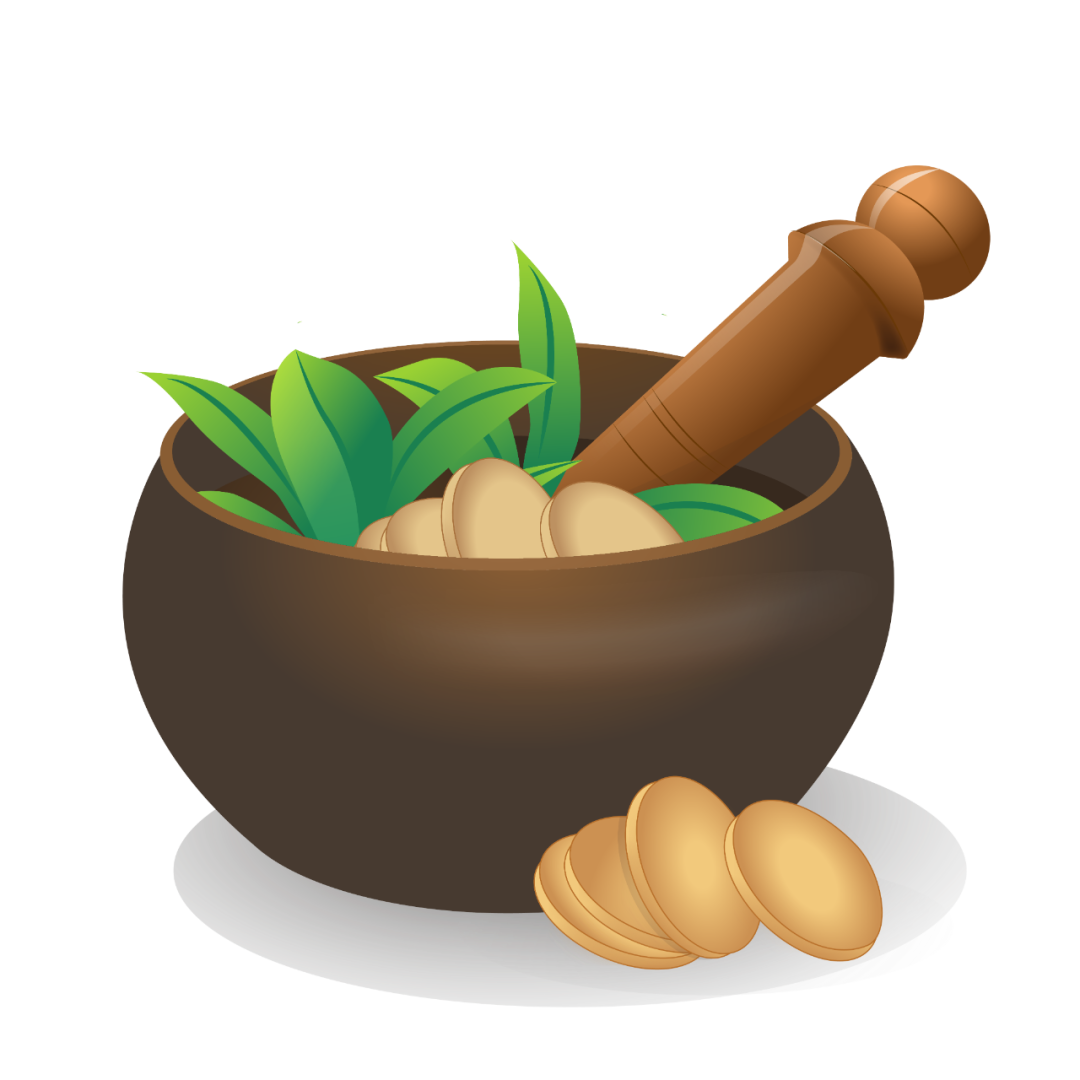
Infuse 5-10 grams of 黄芪 (Huángqí) in boiling water to drink. This method can help replenish qi and is suitable for daily health maintenance.

Soup
2.
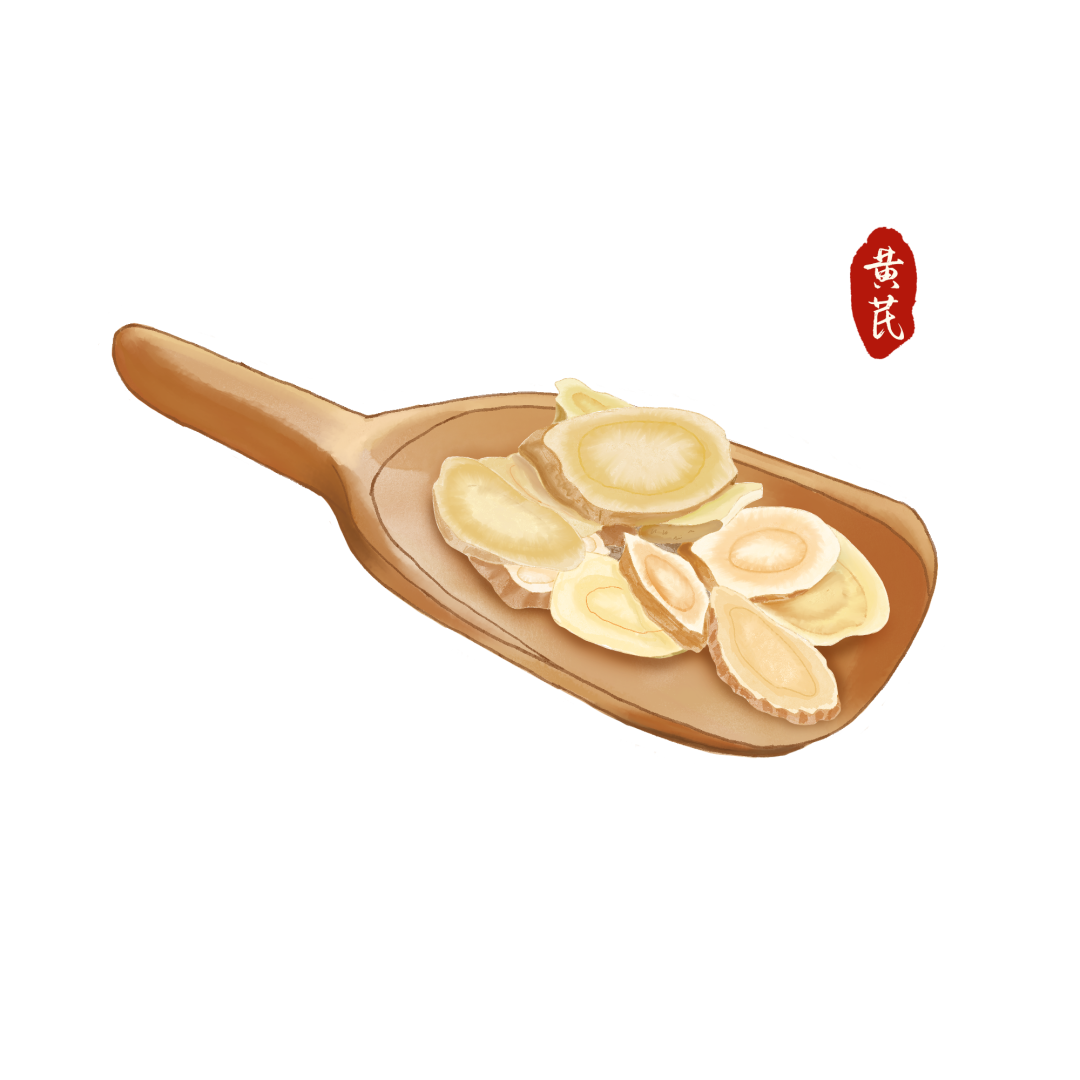
Put 30 grams of 黄芪 (Huángqí) in a pot, add an appropriate amount of water, bring to a boil, and simmer for about 30 minutes. This soup can help replenish qi and blood, benefit the lungs, stop cough, and strengthen the spleen and appetite, suitable for those with poor appetite or lung deficiency cough.

Meat Stew
3.
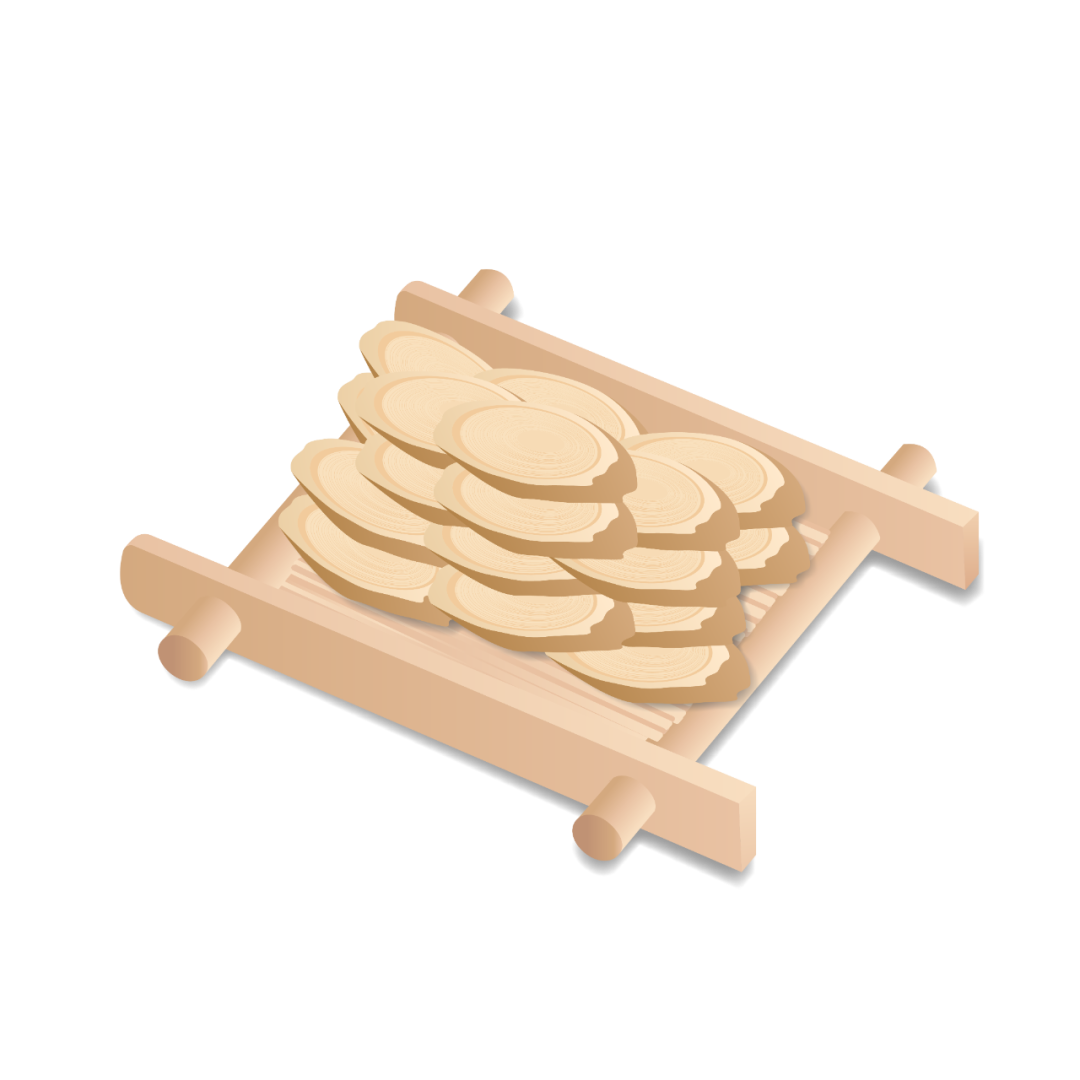
Combine 20 grams of 黄芪 (Huángqí) with pork or chicken, add an appropriate amount of water, and stew for 2 hours. This method can help replenish qi and blood, nourish yin, and moisten dryness, suitable for those with malnutrition or chronic illness.

Porridge
4.
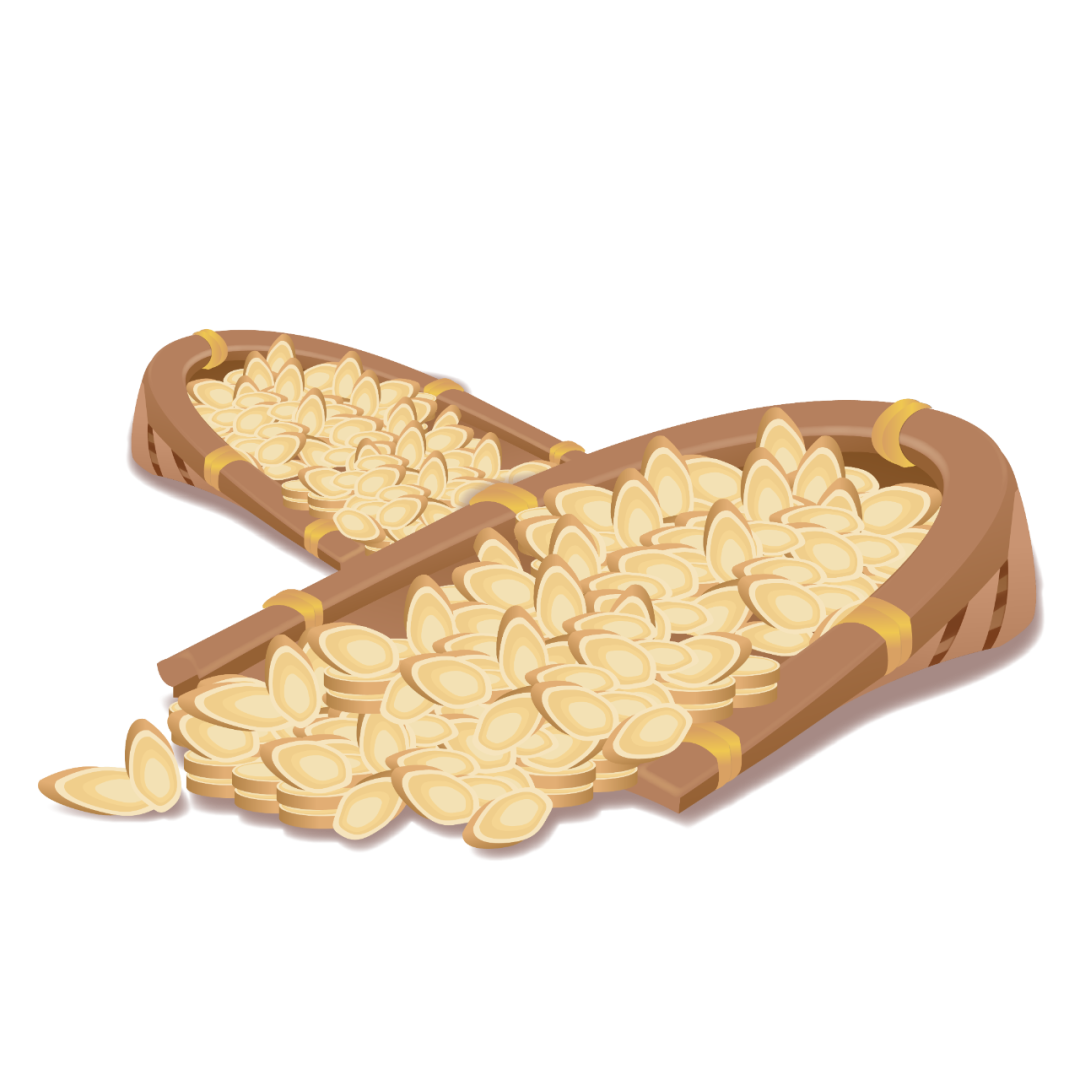
Soak 30 grams of 黄芪 (Huángqí) in cold water for 30 minutes, simmer for 30-60 minutes, then combine the liquid with rice to cook porridge. This is suitable for those with qi deficiency, fatigue, spontaneous sweating, or night sweats.
将黄芪30克用冷水浸泡30分钟,煎30~60分钟,取出汤液和大米一起熬成粥。适用于气虚体弱,倦怠乏力,表虚不固之自汗、盗汗人群。


Unsuitable Groups
For those with excess conditions: Patients with excess heat and abdominal distension may experience facial redness, mouth sores, and constipation, and should avoid consuming 黄芪 (Huángqí).
For those with yin deficiency: If symptoms such as heat in the palms and soles, tidal fever, and night sweats occur, blindly taking 黄芪 (Huángqí) may worsen yin deficiency. This is because 黄芪 (Huángqí) has a qi-replenishing effect, which can lead to excessive yang energy in the body and increase the consumption of body fluids.
For colds: If obvious cold symptoms are present, it is advisable to avoid 黄芪 (Huángqí), as it may cause the accumulation of pathogens in the body and affect recovery.
For special populations: Children, pregnant women, and those during menstruation should use 黄芪 (Huángqí) under the guidance of a physician.
 Contributed by | Traditional Chinese Medicine Pharmacy, Ma PingEditor | Hong LepingReviewed by | Zou ZiFinal Review | Jin Haigang
Contributed by | Traditional Chinese Medicine Pharmacy, Ma PingEditor | Hong LepingReviewed by | Zou ZiFinal Review | Jin Haigang
